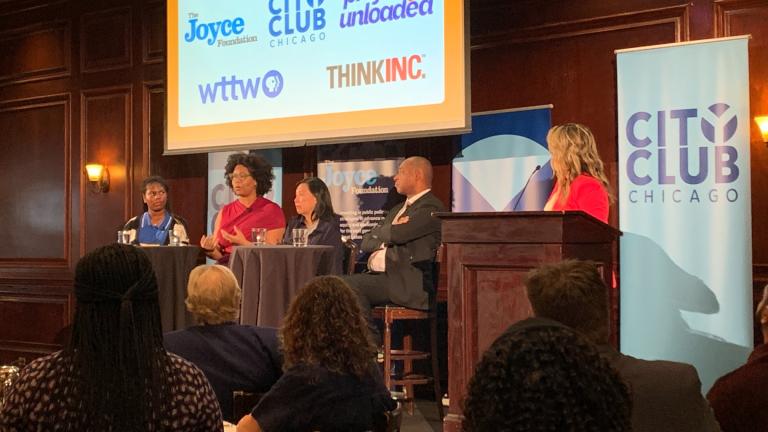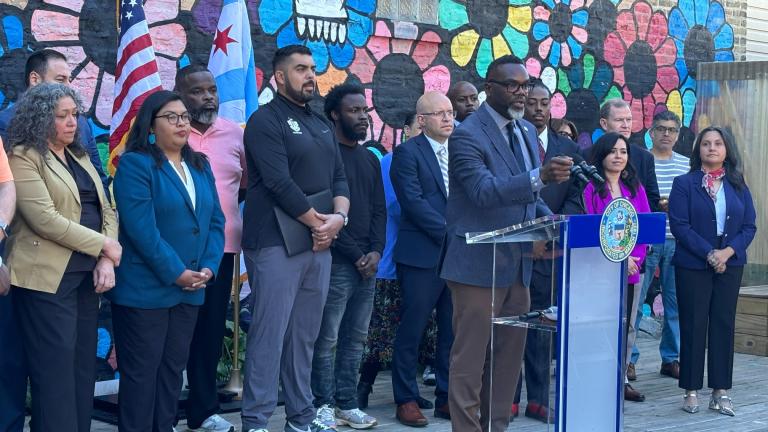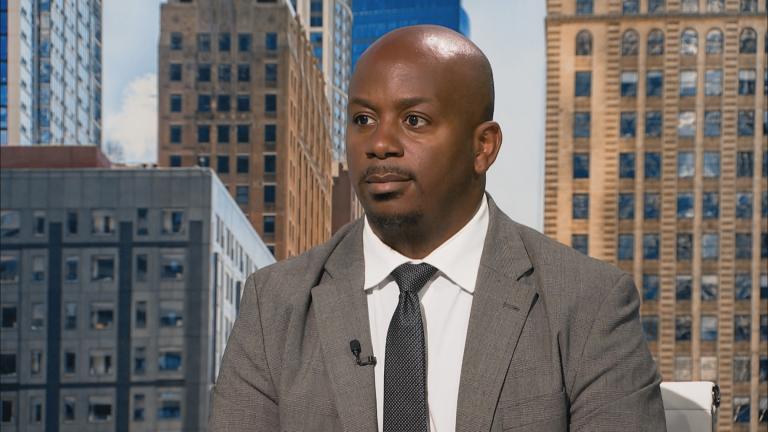Exposure to violence is traumatic for everyone involved and can cause both immediate and long-term psychological damage.
That damage can lead to depression, anxiety, post-traumatic stress disorder, sleep and substance abuse disorders and even suicide.
Psychologist Donald Tyler heads up clinical services for the violence reduction organization, Chicago CRED.
“We work with the highest risk individuals, those likely to shoot or be shot in our South and West side communities,” Tyler said. “We provide one-on-one and family counseling with people who’ve shot, or been shot, or lost loved ones to shootings. Everyone in our program has lost loved ones to shootings and witnessed killings. Many have been shot or shot others.”
Tyler says if someone is a victim or witnesses violence, that one event can cause PTSD or depression.
“But then when you talk about individuals frequently exposed to violence, we have what’s called complex trauma, and that poses even more difficulties with emotion regulation, one’s perception of self and a host of other problems,” Tyler said.
Most of the people Chicago CRED serves are between the ages of 18 to 25, but they do run a special program for kids 13 to 17, who are living far from an ideal childhood.
“At their age, they haven’t even fully developed the capacity to regulate their emotions,” says Tyler. “I try to help people understand the never-ending level of danger that exists for these young people and how that impacts their mental health. They’re under a tremendous amount of stress. They must stay hyper-vigilant at all times and feel like they can never relax. These young people struggle just to stay in school. Helping these young people really requires a systemic approach, involving school personnel and juvenile justice.”
Chicago CRED practices Community Violence Intervention (CVI) and hires former gang members to work the streets of some of the city’s most dangerous neighborhoods, in an effort to disrupt and prevent violence before it happens.
That kind of work comes with its own set of mental health challenges. Kathryn Bocanegra, clinical social worker and assistant professor at University of Illinois Chicago, has done extensive research with CVI workers.
“One of my main findings is that CVI workers have experienced a lot of stress before they even come to the job,” Bocanegra said. “CVI workers have often experienced violence themselves and a good portion have been formerly incarcerated. So, they’ve had negative interactions with law enforcement. Now they’re working to prevent violence in the community where their trauma happened.”
That work can be a reminder of their own trauma.
“The second big takeaway,” says Bocanegra, “is that CVI workers need more support from the organizations they work for. There’s an urgent need for organizations to develop and implement wellness strategies for their staff.”








